The Leprosy Mission International
The Leprosy Mission International Bangladesh

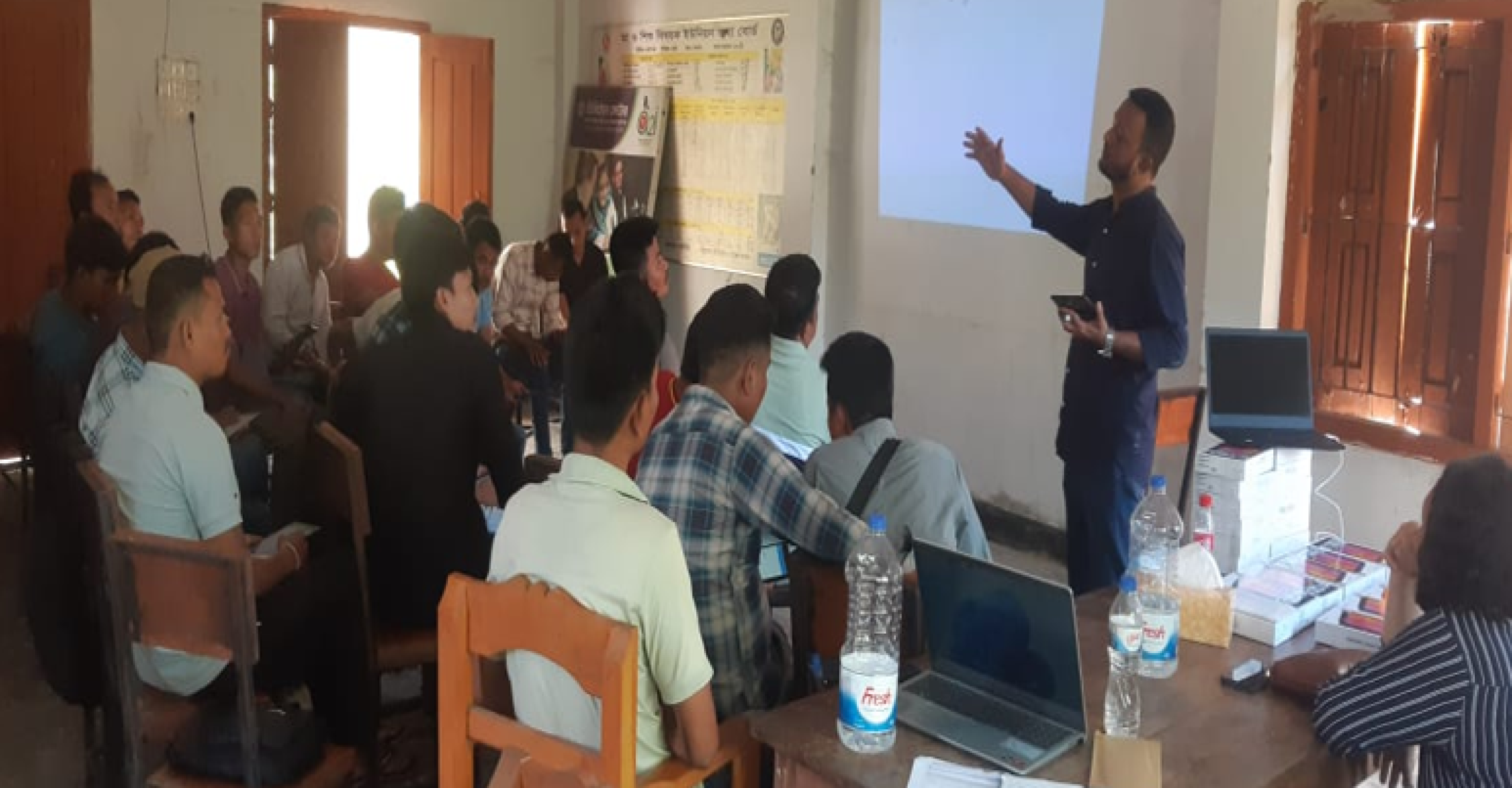
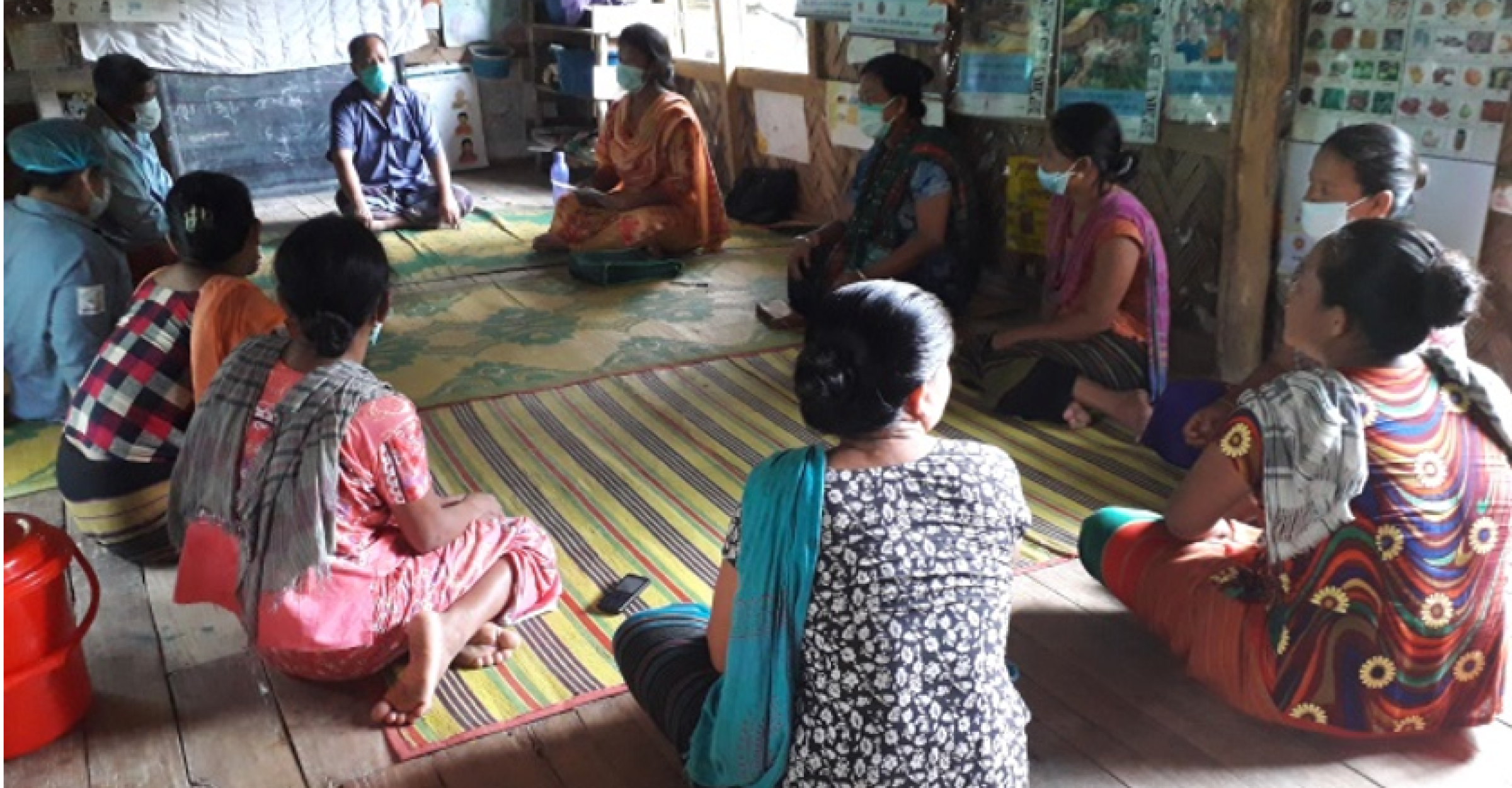
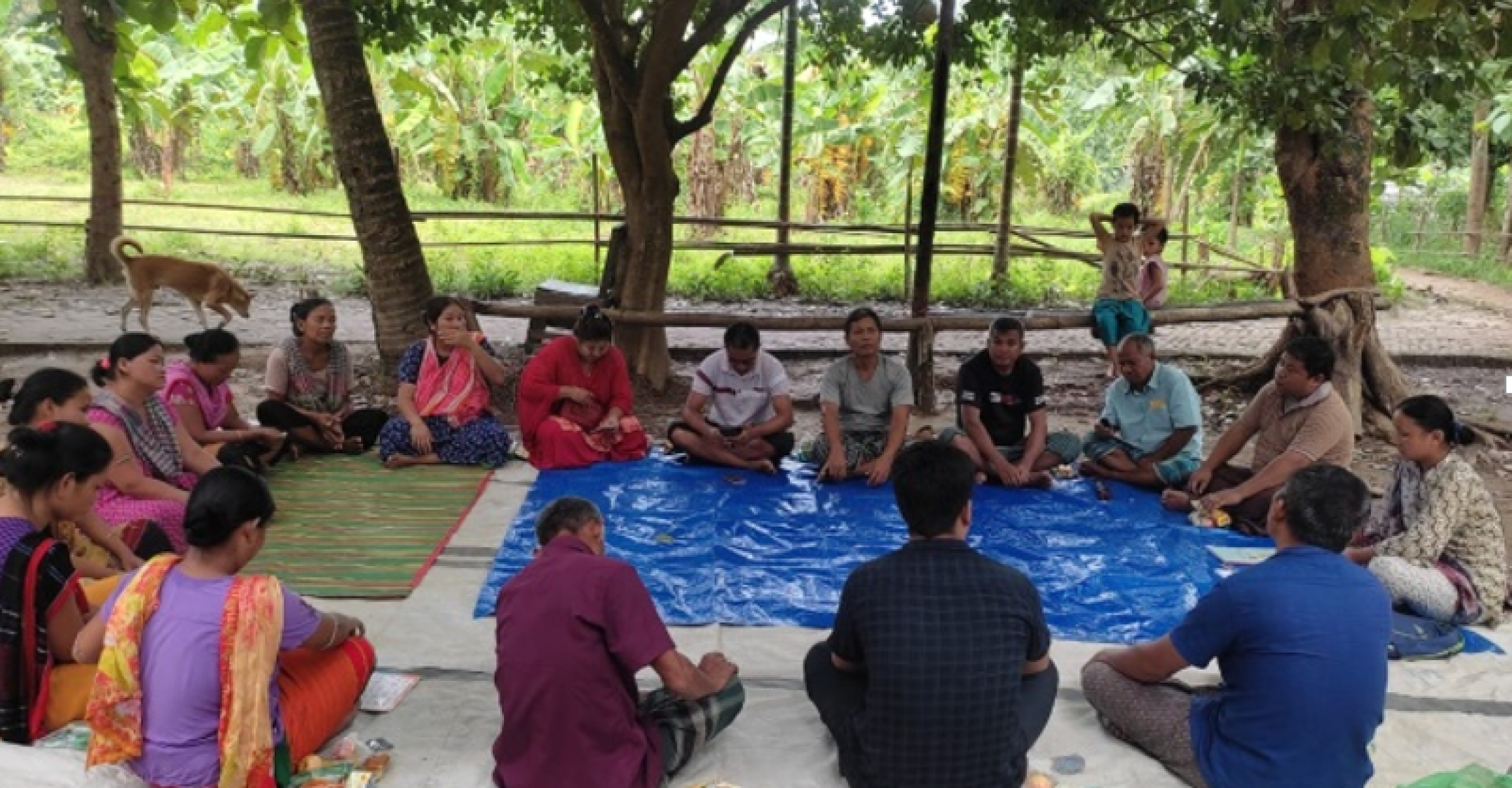
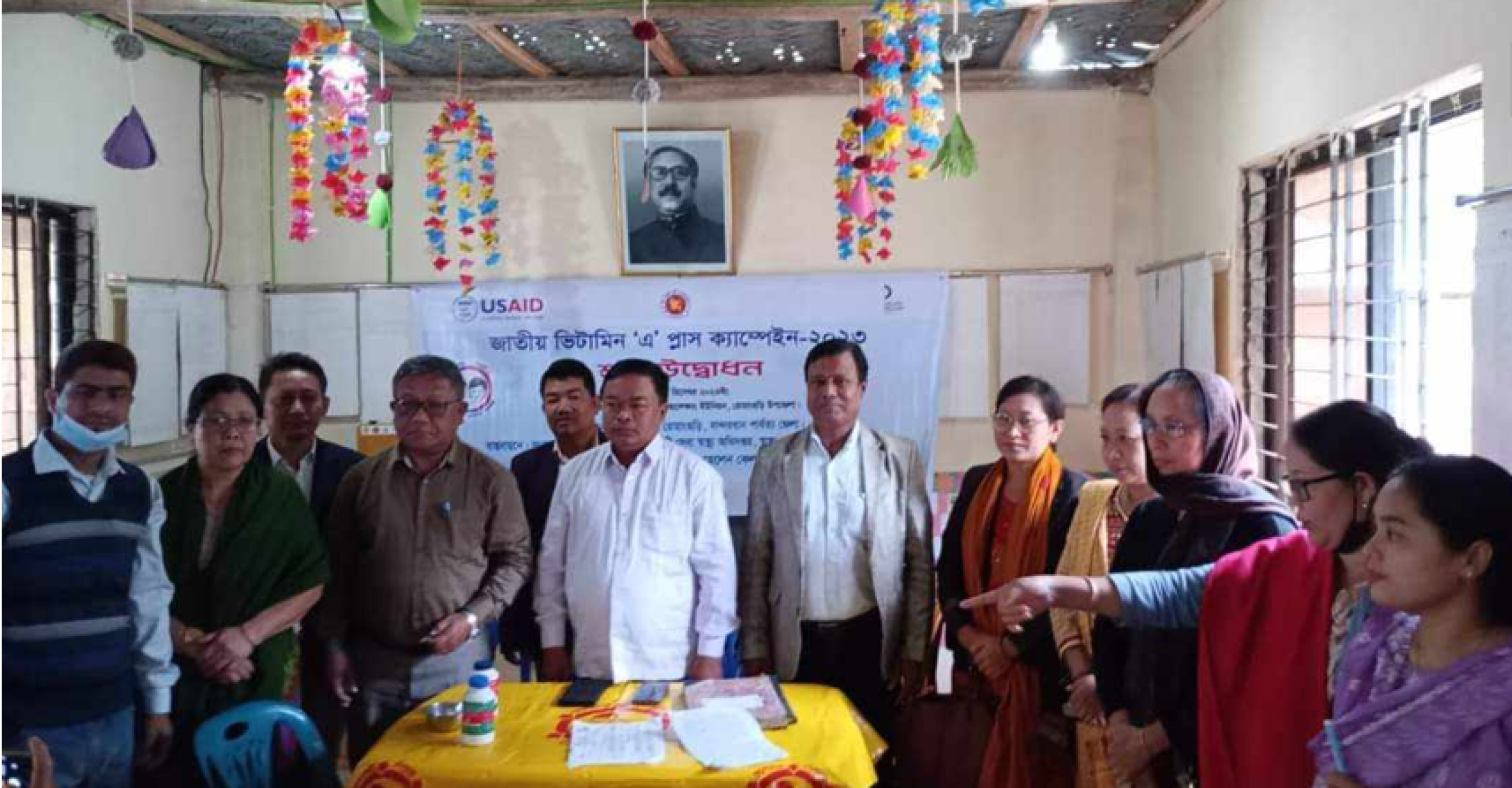
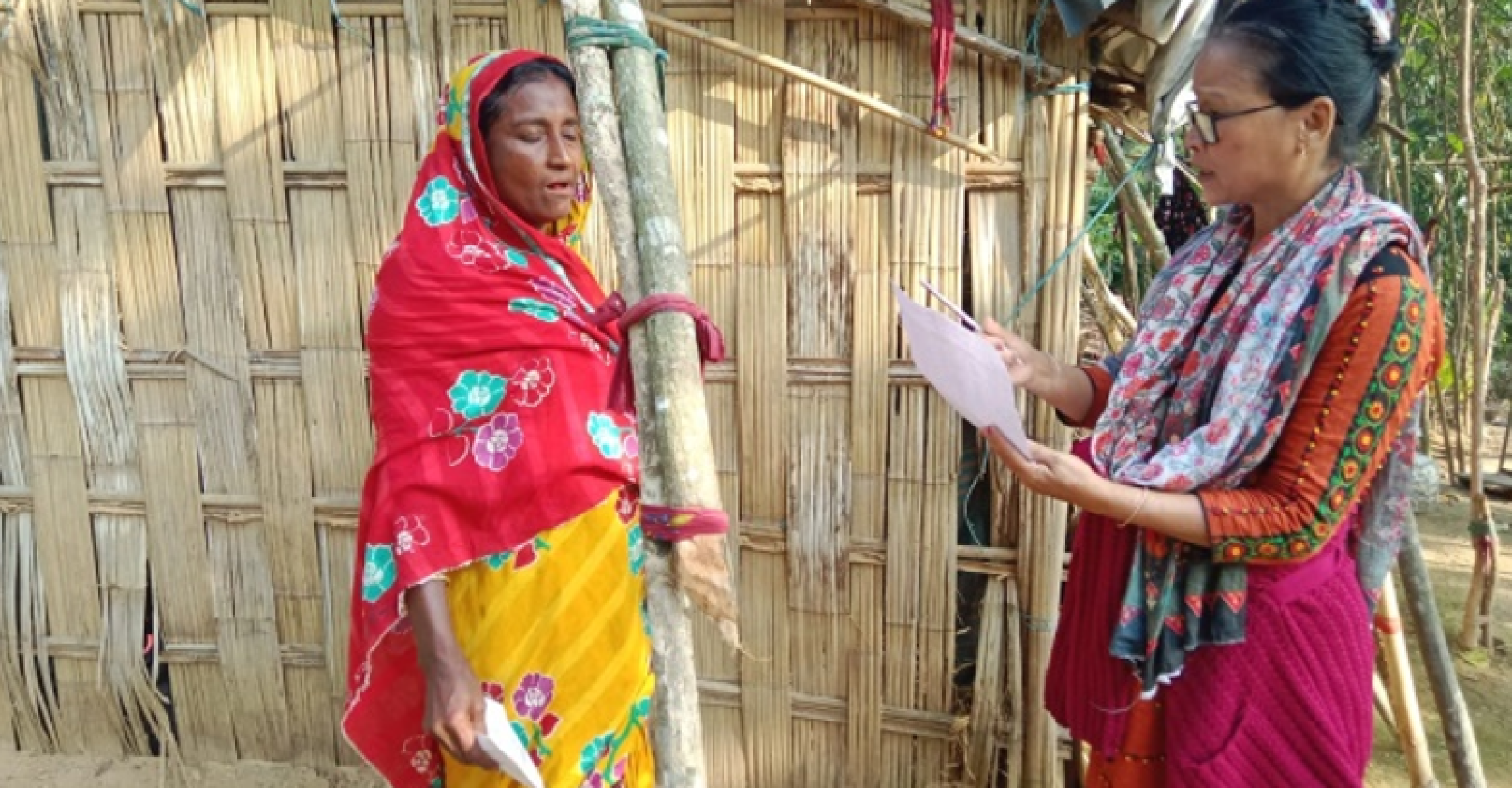
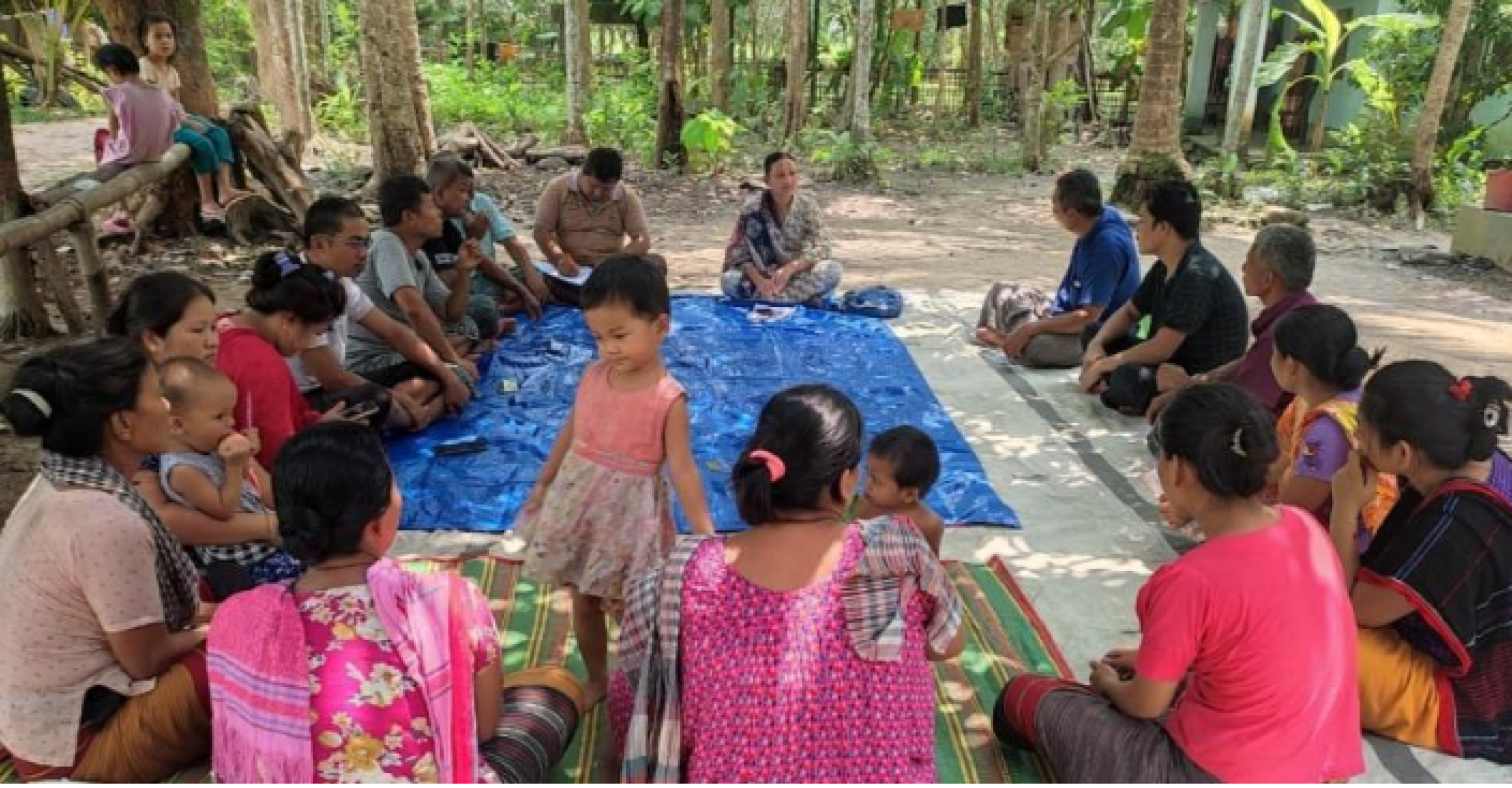
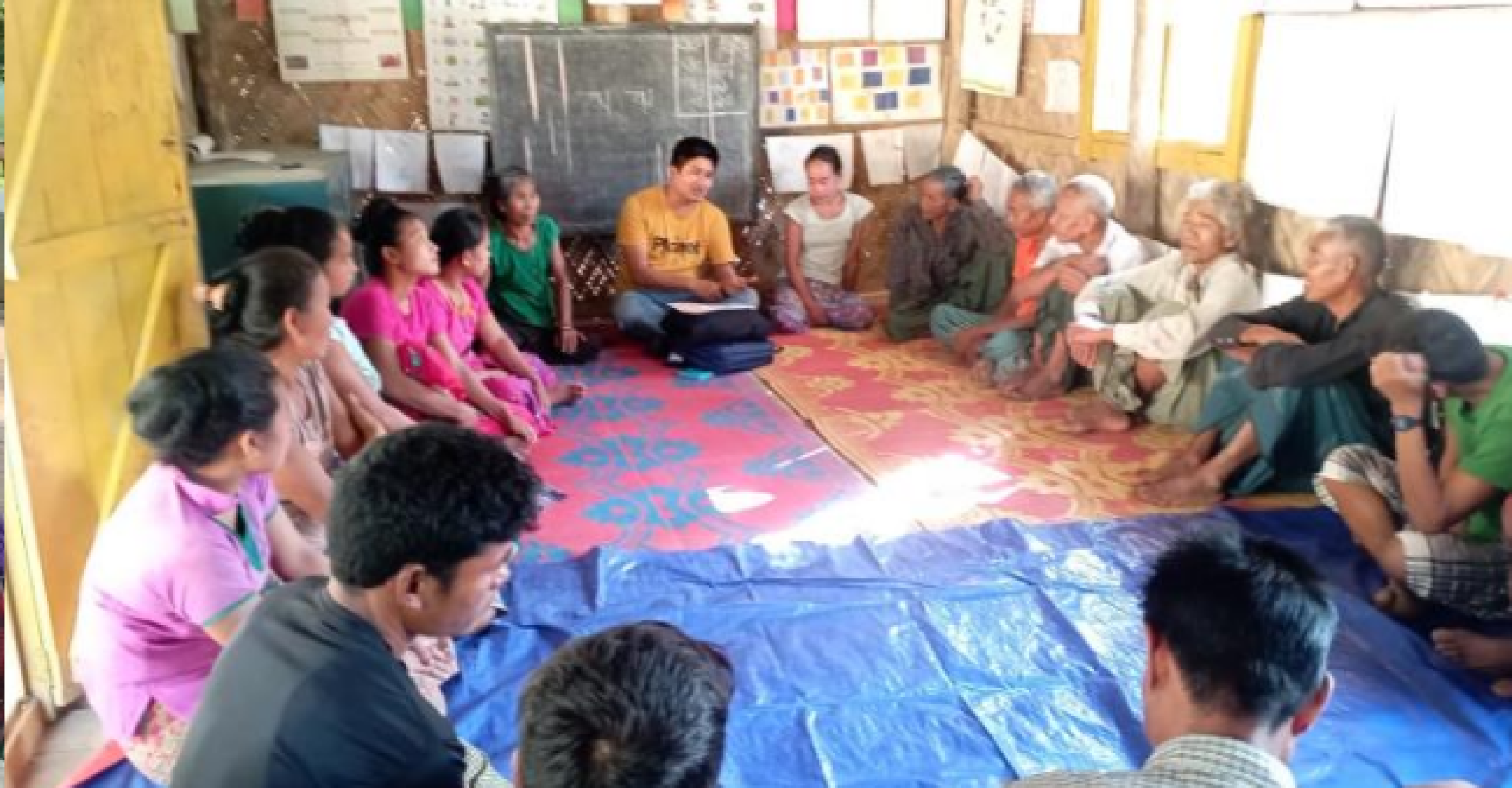

The CHT Leprosy Control and Rehabilitation project (LCR) Project, implemented by GRAUS in collaboration with the health department. Funded by Leprosy Mission International, the project aims to facilitates the process of ensuring leprosy treatment through the government and promotes health systems and leprosy awareness through partner NGOs. A key focus of the project is to empower leprosy- affected persons and individuals with disabilities through the formation of self-regulating and sustainable groups that contribute to their social and economic development. By facilitating participation in income-generating activities, the project seeks to increase household incomes of group members. Additionally, the project promotes social inclusion and encourages active participation of leprosy-affected and disabled individuals in community activities, fostering a more inclusive and supportive environment.
This project is both curative and preventive in nature, targeting the early detection and complete treatment of leprosy cases to stop transmission. Simultaneously, it emphasizes community-based inclusive development, aiming to reduce stigma, promote social integration, and enhance the socio-economic status of people affected by leprosy and other marginalized groups.
The project collaborates with local government institutions, community organizations, and health service providers to implement inclusive interventions at the grassroots level. It also focuses on capacity building, awareness generation, and livelihood support, ensuring long-term empowerment and resilience among the target population.
By combining health services with inclusive development strategies, the project contributes to national and global goals of eradicating leprosy, reducing inequality, and promoting human rights and dignity for all.
To ensure the inclusion and sustainable improvement of the quality of life of poor and marginalized populations, especially persons affected by leprosy, by integrating them into the mainstream society.
The project is being implemented in Rowangchari Upazila of Bandarban Hill District. The specific areas of intervention include Sadar Union, Alikhyong Union, Nowapatong Union, and Taracha Union within Rowangchari Upazila.
A total of 3,740 beneficiaries were covered under the project. The initiative targets multiple categories of beneficiaries with the aim of reducing leprosy, promoting inclusive development, and improving the quality of life for marginalized groups in Rowangchari Upazila of Bandarban District.
To reduce new leprosy cases through timely identification and comprehensive treatment.
To empower individuals affected by leprosy through rehabilitation and access to inclusive services.
To raise awareness and reduce stigma and discrimination associated with leprosy.
To improve the livelihoods and social inclusion of marginalized and affected individuals.
To strengthen linkages between affected individuals and essential government and non-government services.
Identification, treatment, and rehabilitation of persons affected by leprosy.
Social and economic empowerment of affected individuals.
Poverty alleviation and livelihood development initiatives.
Skill development and training programs. Health awareness and preventive health services.
Building inclusive service delivery systems by engaging local government and health departments.
Community awareness and rights-based activities to reduce discrimination.
About GRAUS
GRAUS (Gram Unnayon Sangathon), founded in 1998, envisions a society free from discrimination, hunger, and poverty. Dedicated to empowering marginalized communities, GRAUS fosters resilience and inclusivity through active participation in sustainable development. Registered with Bangladesh’s Ministry of Social Welfare and the Bureau of NGO Affairs, GRAUS is a proud member of IUCN and IIFB, reflecting its commitment to biodiversity conservation and climate solution.















Developed by Aung Chano Marma, Advisor, GRAUS Contact: 01620827555